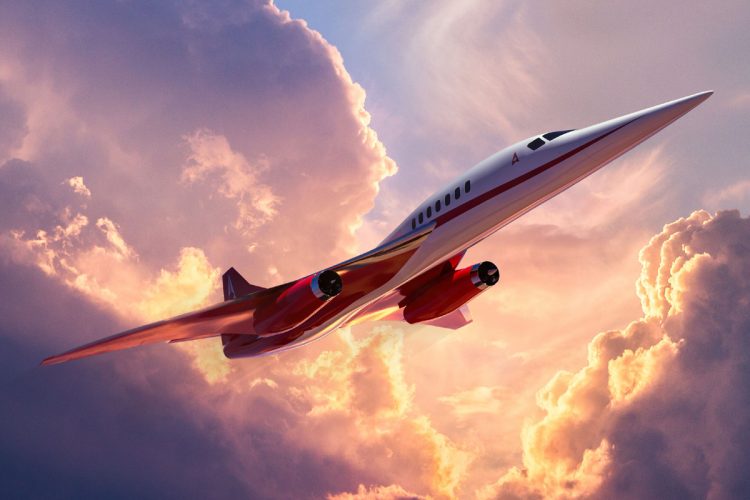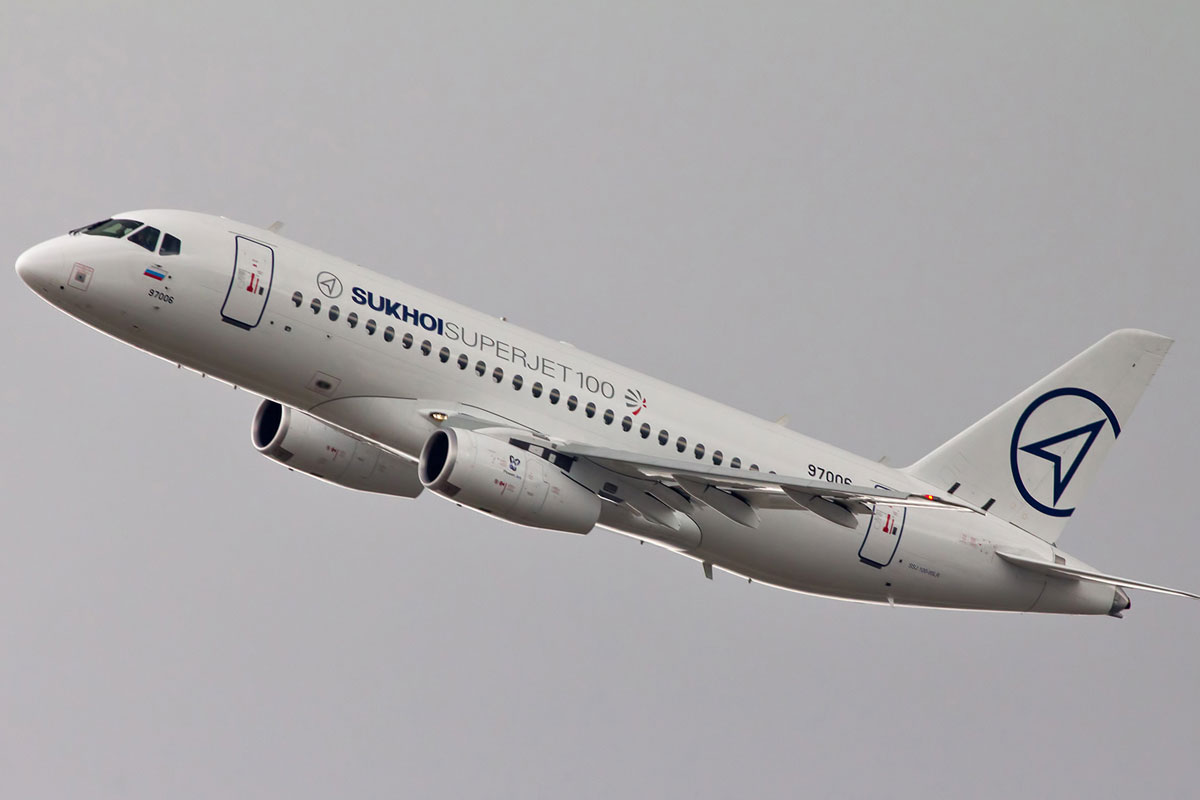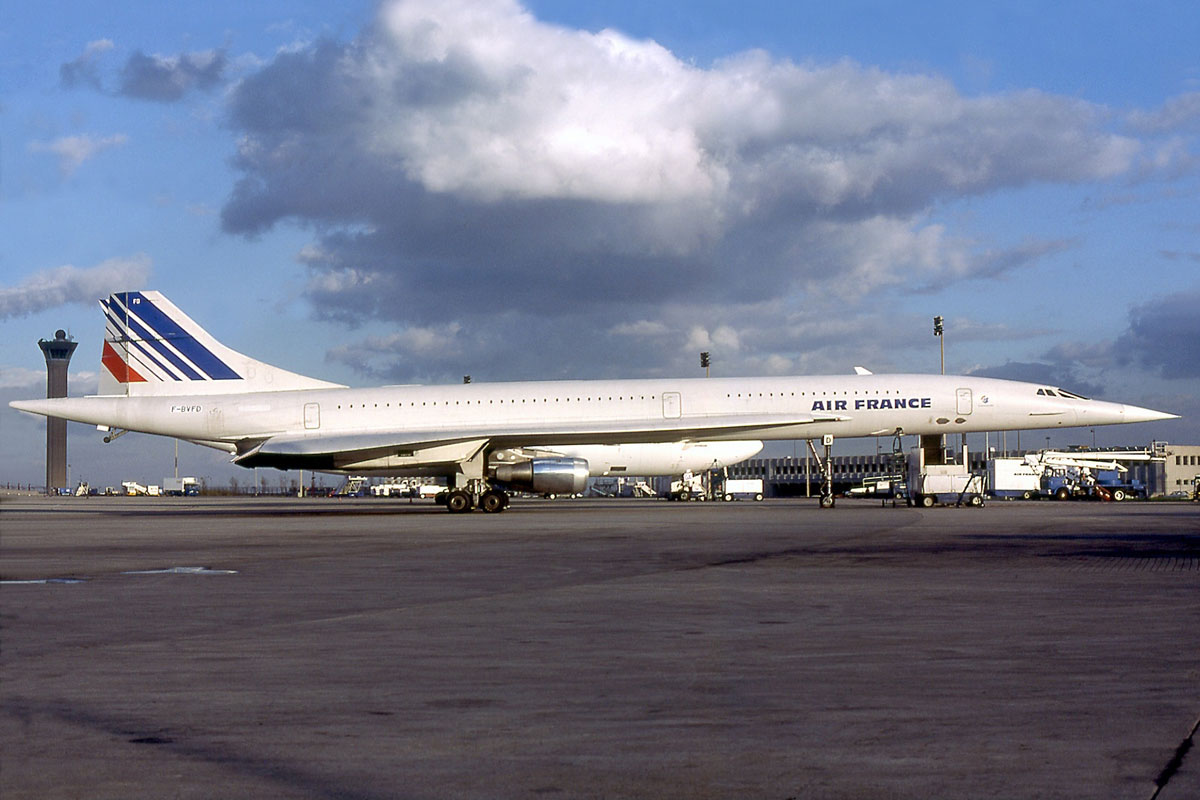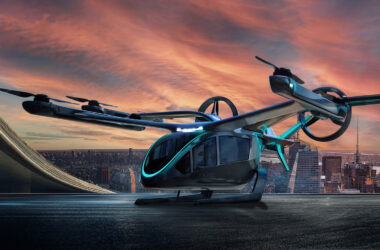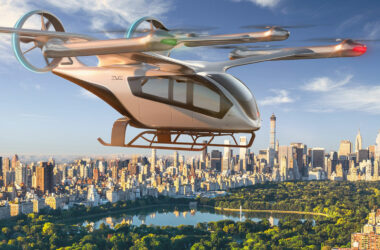Boeing decided to halt the operations of NeXT, a subsidiary created in 2018 to develop futuristic aircraft such as flying taxis and unmanned electric freighters. According to an internal letter from the head of the company, Steve Nordlund, revealed by the Seattle Times, activities will be suspended immediately.
“Our goal is to move to a full pause as swiftly as possible,” said the executive, who justified the decision on account of Boeing’s growing debts. “Organizations like these only have the privilege to exist when you have a healthy core business,” explained Nordlund, referring to the huge problems facing the commercial division with the 737 MAX and 787 Dreamliner.
NeXt is associated with another Boeing subsidiary, Aurora Flight Sciences, which has a wider range of activities. The most striking project of the two companies is the PAV (Passenger Air Vehicle), an electric vertical landing and take-off aircraft (eVTOL).
With a range of 50 miles, the flying taxi made its first flight in January 2019 at the company’s base in Manassas, Virginia. The PAV flies thanks to a set of eight lift propellers and one pusher-type propeller and intended to compete in the nascent urban aerial mobility market that today is explored by startups, but also giants such as Airbus and Embraer.
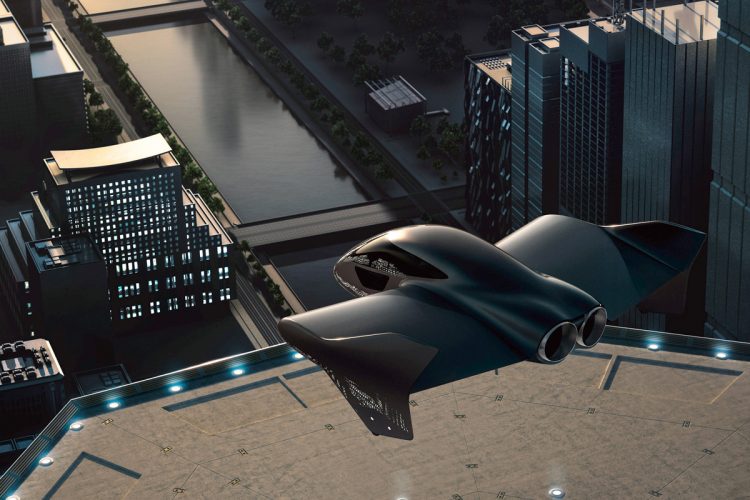
Partnership with Aerion
NeXt today employs about 100 employees whose future is not clear. According to Boeing spokeswoman Alison Sheridan, told the US newspaper, investments in future air mobility will continue, but focused on fewer projects. Possibly, the manufacturer could allocate personnel and assets in other divisions, pointed out the Seattle Times.
Finally, NeXt plays a key role in Aerion’s AS2 executive supersonic jet. Through investments, Boeing pledged to support the startup in the program, from engineering, manufacturing to in-flight testing of the aircraft, which is one of the most promising projects in this new market.
In his letter, Nordlund assured that it is a pause until Boeing recovers its energies, drained by repeated problems with its main business, commercial airplanes.
